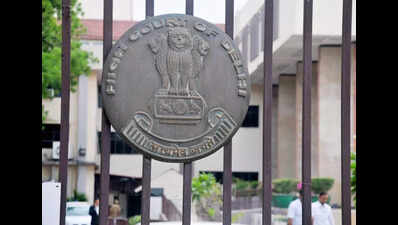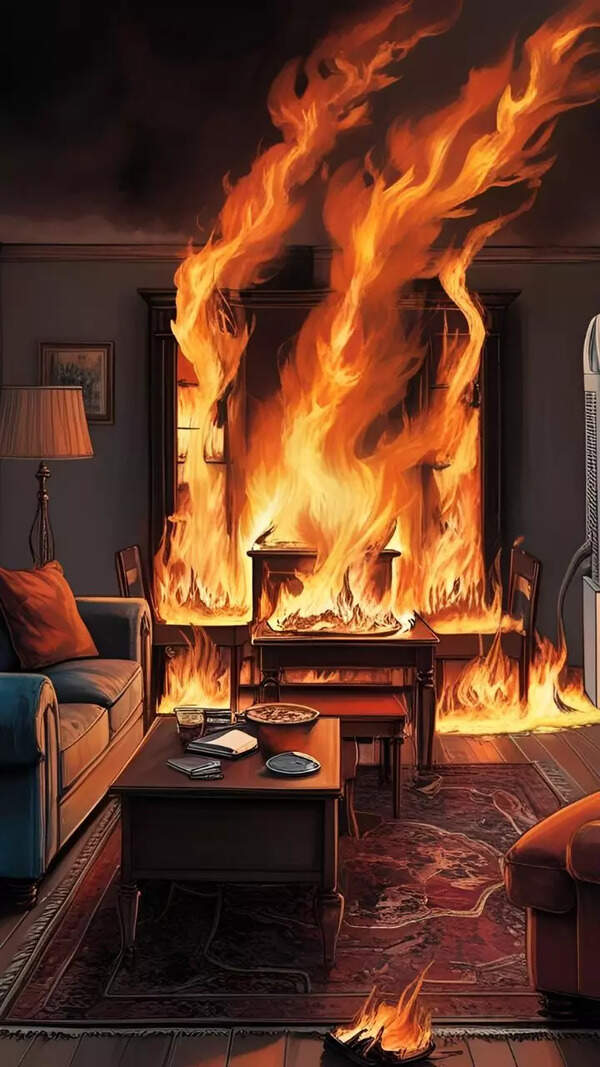New Delhi: Delhi High Court has emphasised that it is the state's responsibility to protect the civil rights of citizens, including property, as a constitutional authority and repository of public trust.
Asking the central govt to pay the owners of a private property costs of over Rs 1.7 crore with interest, the court held that their premises were illegally occupied for two decades by the authorities after being seized under a stringent law during the Emergency era.
Justice Purushaindra Kumar Kaurav observed that the right to property, though no longer a fundamental right, continued to occupy a sacrosanct position within the democratic framework as a constitutional and legal right under Article 300A (persons not to be deprived of property except by authority of law) of the Constitution.
"The state, being a constitutional authority and repository of public trust, is duty-bound to protect, rather than transgress, the civil rights of its citizens, including the right to property. The powers of the state are not plenary or absolute but are circumscribed by constitutional and statutory limitations," it noted in an order passed last week.
"In a constitutional democracy governed by the principles of justice, equity and good conscience, the preservation of legal rights, such as that of proprietary rights, must remain an unyielding commitment of the state," HC said, adding that any executive or legislative action which seeks to divest a citizen of property without due process, in the absence of an enabling law, would be held void.
The court's observations came in a suit filed by the owner of a flat in Ansal Bhawan at Kasturba Gandhi Marg in the national capital, occupied under the Smugglers and Foreign Exchange Manipulators (Forfeiture of Property) Act, 1976 (SAFEMA), based on a revoked detention order. The suit by the owners of the property alleged "systematic violation" of their proprietary rights, which began with the period of proclamation of Emergency in 1977.
In response, the Directorate of Estates under the ministry of housing and urban affairs claimed that the property was leased out to them and later forfeited to the central govt by a 1998 order. Upon forfeiture, the suit property vested absolutely in the central govt free from all encumbrances, it maintained, pointing out that the forfeiture remained in operation until March 28, 2016, when the proceedings under SAFEMA stood closed.
The suit was filed by the plaintiffs seeking damages of mesne profits, loss of market rent, and the damages arising out of outstanding property tax, along with interest.
HC held that the occupation of property from 1999 to 2020 was unlawful, and allowed the plaintiffs' claim for the grant of mesne profits. Based on the then prevailing market rates, it held they are entitled to over Rs 1.7 crore with interest. The court found it imperative to have a "strict" scrutiny of state actions, particularly those involving the deprivation or restriction of immovable assets.










